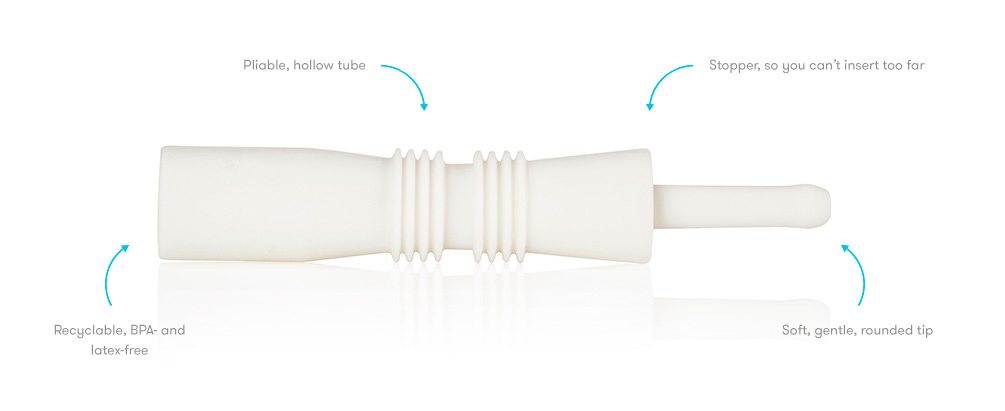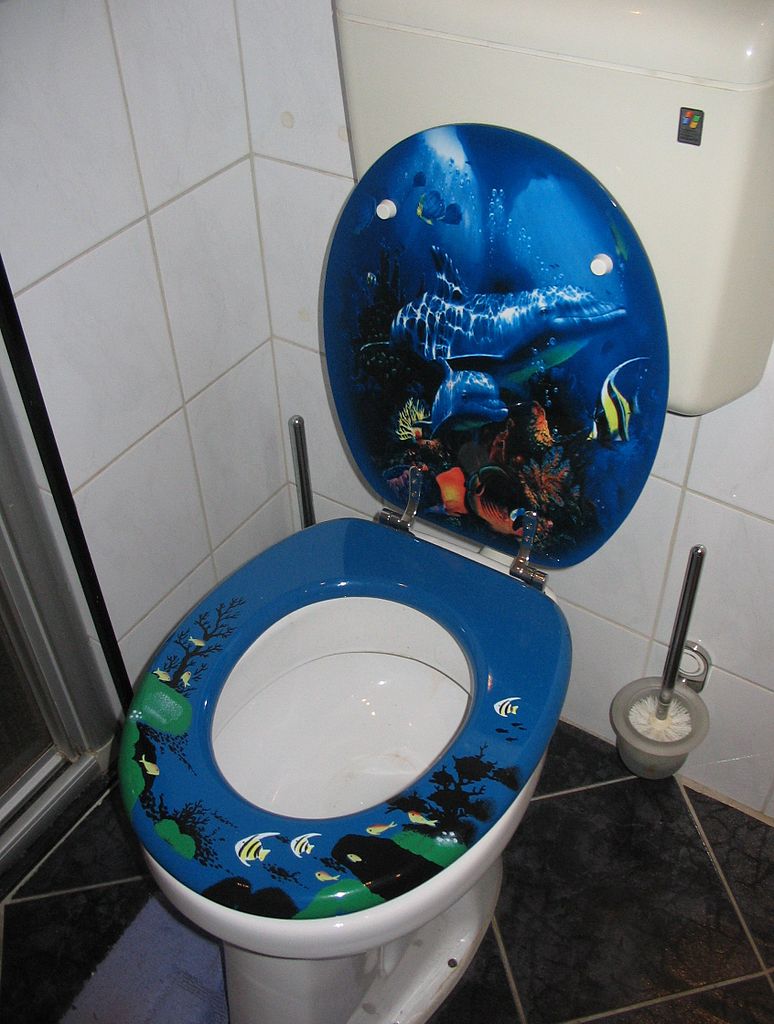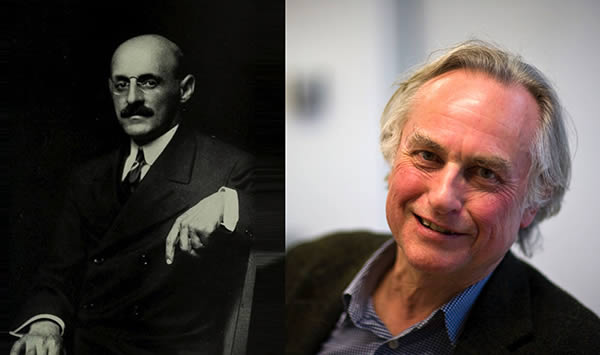Category: Science and Medicine

Placebo by Conditioning
Truly understanding placebo effects (note the plural) is critical to science-based medicine. Misconceptions about placebo effects are perhaps the common problem I encounter among otherwise-scientific professionals and science communicators. The persistence of these misconceptions is due partly to the fact that false beliefs about placebos, namely that “the” placebo effect is mainly an expectation mind-over-matter effect, is deeply embedded in the culture....

Separating Fact from Fiction in the Newborn Nursery: Hepatitis B Vaccine for Newborns
For those of you new to Science-Based Medicine, I am a pediatric hospitalist and spend the majority of my time caring for newborns. It’s an extremely rewarding experience on most days. The babies are usually healthy, the parents are usually happy and appreciative, and I get to give a lot of good news. I also get to dispel a lot of myths...

Cochrane Review on Community Water Fluoridation
One of the overriding themes of the Science Based Medicine blog is to use rigorous science when evaluating any health claim – be it medical, dental, dietary, fitness, or any other assertion put forth with the intention of improving one’s health. Once the scientific evidence is evaluated as to efficacy, there are other criteria which must be taken into consideration, such as...
Caution vs Alarmism
When I lecture about the need for science-based medicine (SBM), I have to pause about half-way through my list of all the things wrong with the current practice of medical science, and I balance my discussion by emphasizing what I am not saying: I am not saying that medical science is completely broken. It is just really challenging, we need to raise...
Trying to Impose Religion on Medicine
One of the major themes of science-based medicine (unsurprisingly) is that medicine should be based on science. We consider ourselves specialists in a larger movement defending science in general from mysticism, superstition, and spiritualism. We are not against anyone’s personal belief, and are officially agnostic toward any faith (as is science itself), but will vigorously defend science from any intrusion into its...

The Windi: Revolutionary Relief for Colic or a Pain in the Butt
We tend to cover some very serious topics here on Science-Based Medicine. In fact, most of our posts are downright depressing. This will hopefully not be one of them. In just the past few weeks we have written about the public health menace of anti-vaccine pseudoscience, autistic children being subjected to dangerous bleach enemas, and chiropractic-induced stroke in children. Unsurprisingly, there is...

David Tredinnick – Quack Candidate for Health Select Committee Chair
Today the UK Parliament will have a vote for the chair of the Health Select Committee. The two choices could not be more starkly different, so much so that this vote might be seen as a referendum on two world views, one that respects science and another that confuses pseudoscience and spirituality for medicine. On one side we have Sarah Wollaston, the...

Leaky Bowel
We are at a disadvantage. We have to rely on reality to validate the practice of medicine. Anatomy, physiology, pharmacology, chemistry, the basic sciences that made up the first two years of medical school education and a huge chunk of pre-med. And we have to rely on the truth, as slippery a concept as that can be. I can’t just make up...
Chiropractic Manipulation of the Neck Linked to Stroke in a 6-Year-Old Child…
The risk of suffering a stroke when undergoing aggressive chiropractic manipulation of the neck is not a new concern. We’ve discussed it several times on the pages of Science-Based Medicine over the years, most recently in November of 2014 when Steven Novella covered the death by chiropractor of 30-year-old Jeremy Youngblood, whose fatal brain injury occurred while seeking treatment for a sore...


